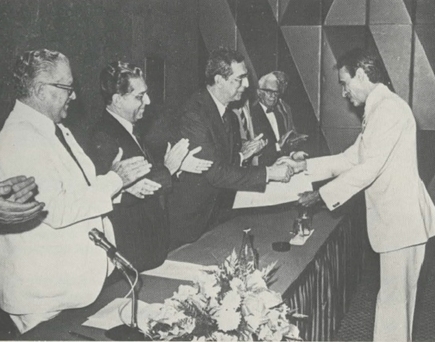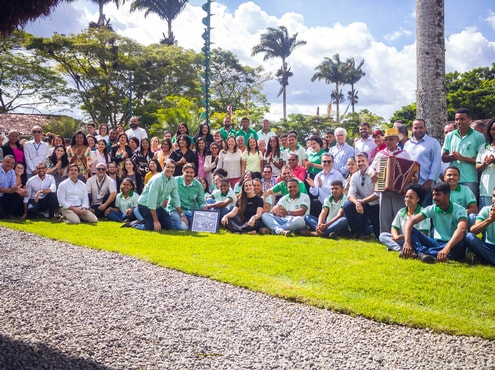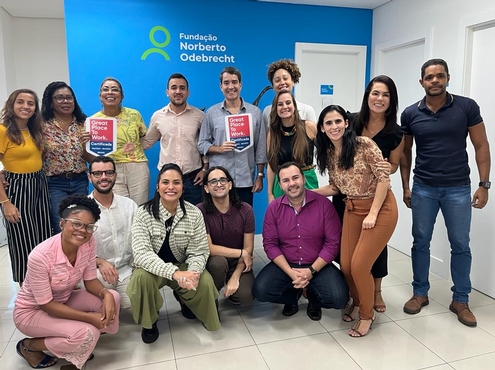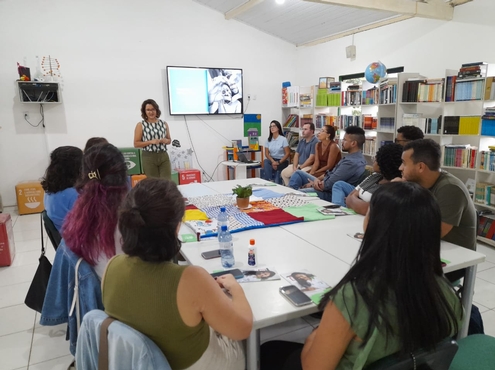Special 50 years – Support for Brazilian Families
After spending nearly 20 years dedicated exclusively to the members of Construtora Norberto Odebrecht and their dependents, starting in the 1980s, the institution began focusing on issues that affected Brazilian families
20 de May de 2015
















